All courses
Filters
28 courses
A Peer-Led Journey to Building a Continuity of Operations Plan (COOP)
Collaborate to create a role-specific Continuity of Operations Plan (COOP) section and build leadership skills for school resilience.


AI Builder Bootcamp for Educators: From Idea to Code (Level 2)
Build AI-powered educational tools using no-code and low-code platforms, creating functional apps from ideation to implementation.


AI for education
Discover how to leverage generative AI to transform technical-professional education and optimize lesson planning.


AI for education - advanced
Explore advanced AI applications in education, including programming, APIs, and AI agents.


Agency and concept-based learning
Explore the foundations of IB, the student profile, student agency, and concept-based learning to transform your teaching practice.
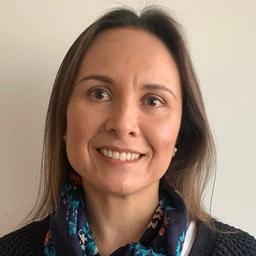

Agency: Helping Students Take the Lead
Practical strategies to create classroom environments where students feel empowered and take ownership of their learning journey.


Assessment
Explore the purpose and strategies of assessment in the ChatGPT era, developing effective and equitable tools.

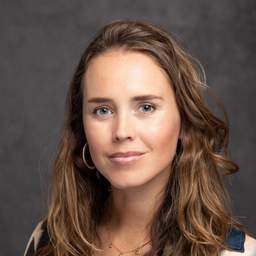
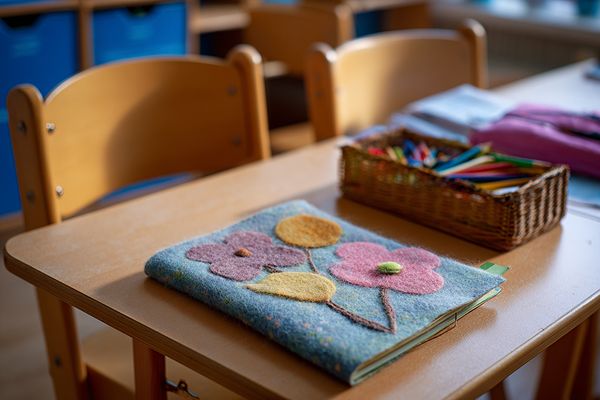
Assessment: Feedback that Fuels Learning
Transform assessment practices to focus on growth and learning rather than judgment, with strategies for meaningful feedback.

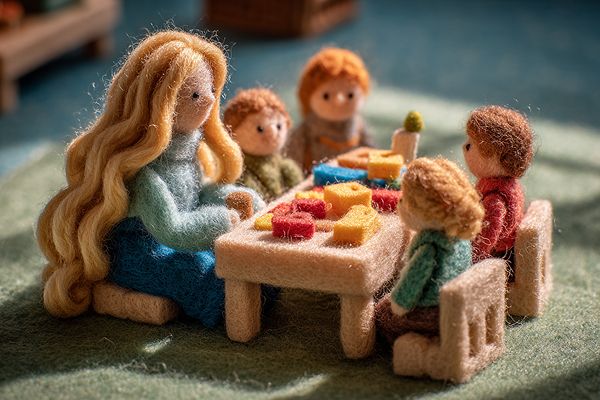
Bring Play Back to the Classroom
Rediscover the joy of teaching through play with hands-on activities that spark communication, critical thinking, collaboration, and creativity.


Classroom Management Collective
Empower teachers to tackle classroom management challenges through collaboration, reflection, and co-creating effective practices.


EQ in Action: Classroom Emotional Intelligence Lab
A practical course to strengthen emotional intelligence in classroom settings through collaborative activities and reflective discussions.

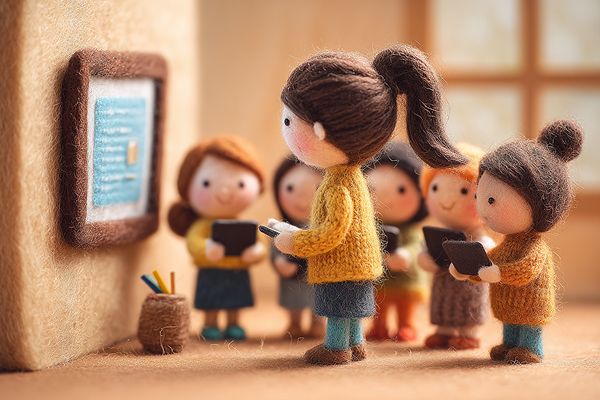
Effective Technology Integration
Learn to design impactful lessons that seamlessly integrate technology to enhance student learning with purposeful digital tools.


Emotion Coaching Circle: From Theory to Practice
Develop emotion coaching skills through real classroom challenges, combining theory, practice, and peer collaboration.


Inquiry: Crafting Questions that Spark Deep Thinking
Master the art of creating powerful questions that ignite curiosity and promote conceptual understanding across the curriculum.


Inquiry: Creating a Culture of Curiosity
Build a classroom environment where authentic, student-driven exploration becomes part of everyday teaching and learning.


Language-Rich Spaces: Supporting Plurilingual Learners with Care, Clarity, and Research-Informed Practice
Design culturally responsive, cognitively rich spaces to support plurilingual learners’ language development and identity.


NeXGen Mentorship
Equip educators and leaders with tools to foster meaningful, growth-driven mentorship relationships inspired by Dr. Matthew X. Joseph’s book.


Pedagogical innovation for leadership teams
Develop tools and strategies to drive teaching innovation from coordination and pedagogical advisory roles.


Pedagogical innovation for teachers
Discover how to innovate and continuously improve your teaching practices through experimentation and peer learning.


Plot Twists and Algorithms
Use picture books to teach media literacy, digital fluency, and foundational computer science concepts through engaging, cross-curricular activities.


Preventative Practices Lab
Develop proactive classroom management systems through peer coaching and co-design to reduce disruptions and foster a positive environment.


Redefining Inquiry: From Myths and Buzzwords to Research-Informed Practice
Challenge myths about inquiry-based learning and design research-informed, purposeful experiences that empower student curiosity and agency.


Relationship Building Intensive
Strengthen student relationships through intentional strategies, video sharing, and collaborative problem-solving.


SEL Integration Workshop
Embed social-emotional learning into academic instruction through curriculum adaptation, peer feedback, and outcome tracking.


Strategic AI for Educators: Tools, Tasks, and Transformation (Level 1)
Learn to strategically integrate AI tools into teaching and administrative tasks to save time and enhance instruction.


Teaching strategies
Transform your classes by implementing active teaching strategies with an inclusive approach based on Universal Design for Learning.


Transformative Educational Leadership
Practical tools for school leadership teams facing the challenges of contemporary education through adaptive leadership.
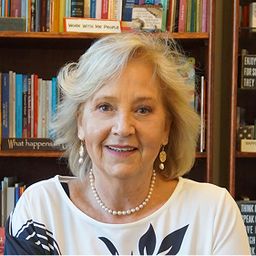

Whole-Child Teaching Practice
Address students’ social-emotional needs through case studies, group consultations, and sustainable peer support systems.


Looking for something different?
We create the course you need. Contact us!
 WhatsApp
WhatsApp